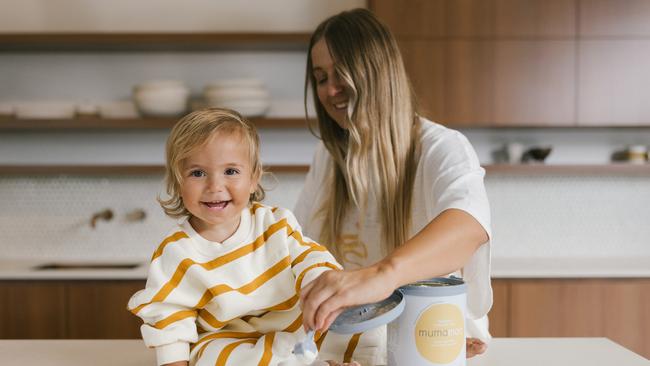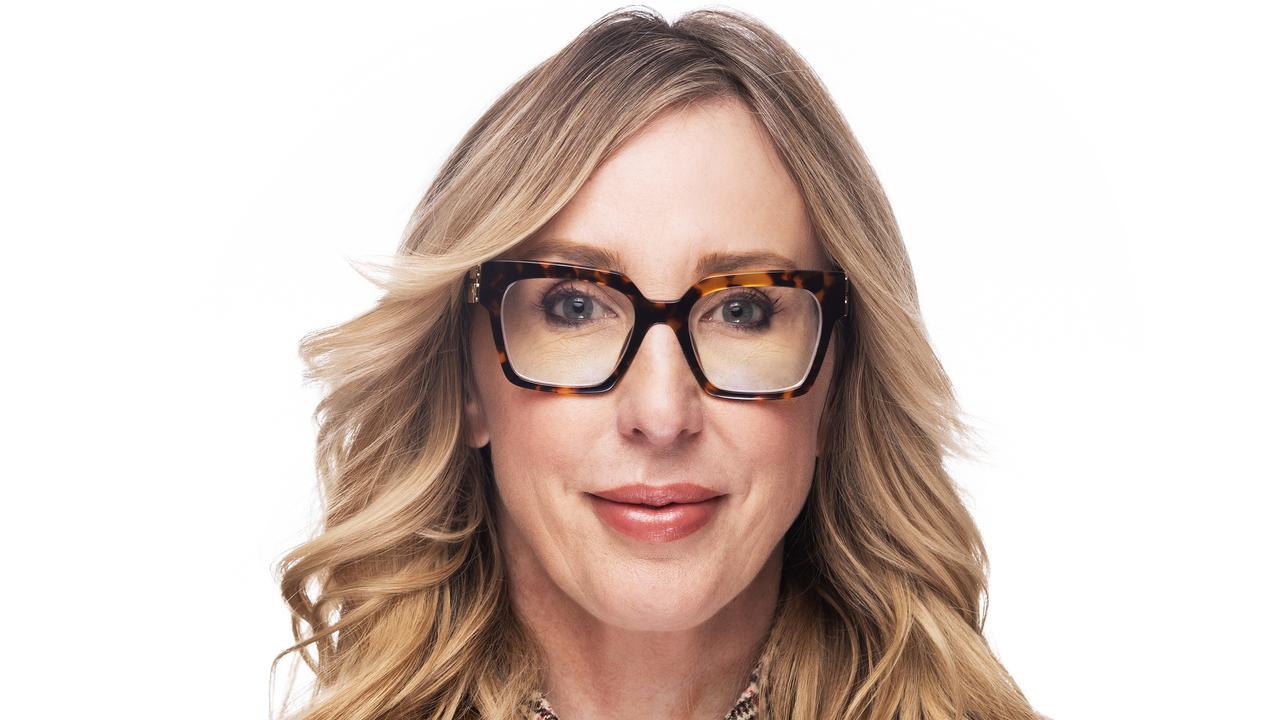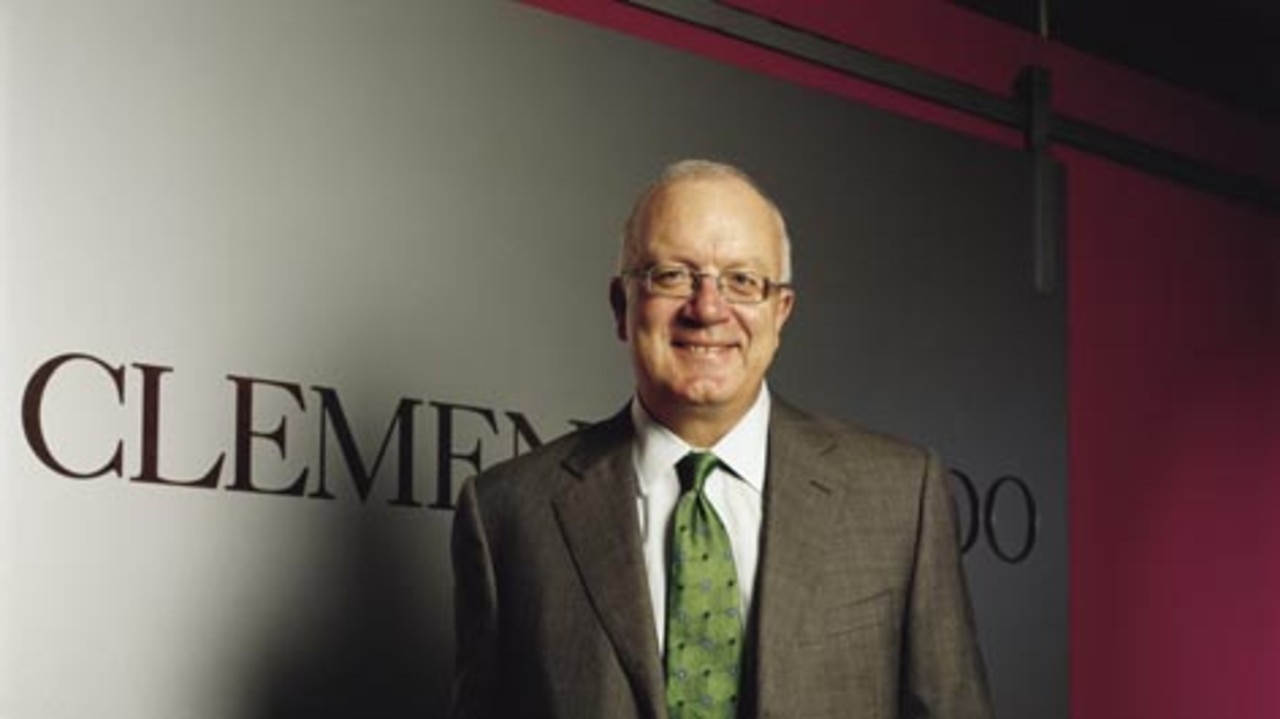Hitting the bottle: Baby formula advertising rules are stricter than gambling or alcohol
The government’s appetite for advertising and marketing regulation continues with infant formula heading for strict mandatory rules.

Government moves to tighten regulations around the marketing of infant formula have been slammed by the industry.
As the Government moves to replace the industry regulated agreement with stricter mandatory controls, infant formula brand Mumamoo’s co-founder Belinda Humphris said the proposed new regulations were tougher than those for gambling and alcohol.
She said the Goverment’s push to encourage breastfeeding in the new controls was admirable but the method of putting the onus on the formula industry was misplaced.
“$25bn is lost every year in gambling in Australia,” she said. “We’re the largest per capita in the world. Yet, they talk about the formula industry using predatory marketing. Surely predatory marketing would be watching a gambling ad in the middle of a prime time football game, right? Especially when you know that we have the largest loss per capita rate in the world.
“I think the idea that a woman is going to see an ad for formula and stop lactating is outrageous. We have the highest initiation rate of breastfeeding in the world – 98 per cent of women in this country want to breastfeed. It’s just there’s little to no support in the health care system to help them do that.”
She said formula was a life saving product and women were capable of making their own decision about using it.
“The idea that the largely female audience is not able to make an informed decision if they see an ad, is really patronising. We’re not living in a third-world country where predatory marketing and brands are trying to take you away from breastfeeding and give you formula. Those times have changed. But the regulations around this product and the space haven’t.”
The government has commenced stakeholder consultations as it prepares the new stricter regulatory framework.
The move follows its decision to abandon the existing self-regulated voluntary controls for formula marketing earlier this year and replace it with a “stronger regulatory framework”.
It is one of a list of sectors being reviewed by the government with a view to introduce stronger rules around advertising and marketing. The government is also exploring restrictions around gambling, food and drink marketing practices, in addition to stepping up regulation around environmental claims and “greenwashing” in advertising.
The infant formula industry has been governed by the Marketing in Australia of Infant Formulas: Manufacturers and Importers (MAIF) Agreement, which aimed to protect parents from advertising that could affect their judgement.
It restricted the marketing of formulas with companies not able to; advertise or promote infant formula; advertise formula to parents through the healthcare system; or distribute free formula to parents.
It also required infant formula brand websites to feature a pop-up window containing a message to parents about the importance of breastfeeding and advising them to seek professional advice before seeking alternatives. Consumers had to click a button to confirm they had read and understood the message.
However, the MAIF agreement was abandoned in February after it was deemed “no longer fit for purpose”, according to a spokesperson for the Department of Health, Disability and Ageing.
In a statement to The Australian, the spokesperson said, the Government was “committed to supporting the provision of safe and adequate nutrition for infants, by protecting and promoting breastfeeding and ensuring the proper use of breast milk substitutes.” The statement confirmed the government’s “intention to introduce mandatory controls on infant formula marketing” which it said should be “a stronger, regulatory framework”, than the previous agreement.
“The Department of Health, Disability and Ageing is currently exploring options to implement this policy. The department will engage relevant stakeholders and government agencies throughout the development of this work,” the statement said.
But infant formula brands, including Mumamoo, have questioned the move, which is set to further restrict their advertising and marketing activities within the estimated $400m market.
And the Infant Nutrition Council, which represents the interests of the infant formula industry, is behind them.
“Much of the Government’s breastfeeding strategy talks about creating a supportive breastfeeding environment that is beyond the activity of the infant formula industry, “ said the council’s CEO Jonathan Chew. The council argues the regulation needs to be more balanced to support parents and “should focus on making infant feeding easier for all parents”.
“Unfortunately, the Government’s focus is more on restricting information from manufacturers than addressing other factors which inhibit breastfeeding. For example, Australia already has the harshest labelling restrictions on infant formula in the world,” Mr Chew said.
“While breastfeeding should be promoted as the optimal source of nutrition, this shouldn’t be done by increasing the challenges of formula feeding by making information inaccessible for parents.”




